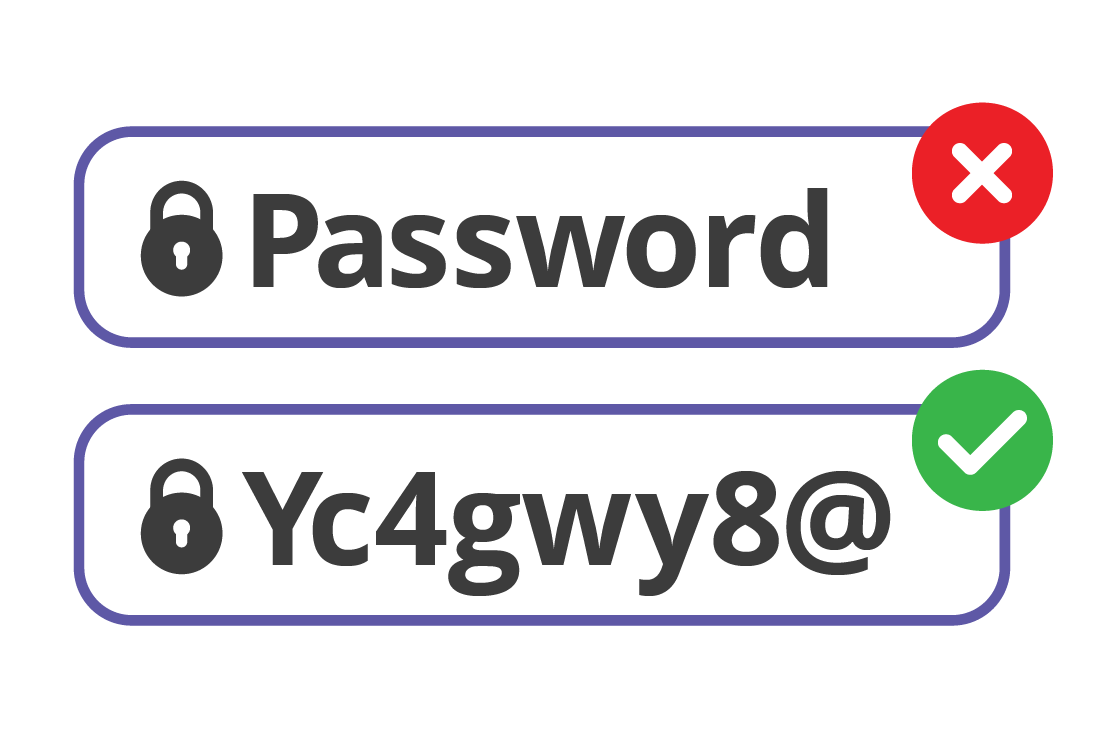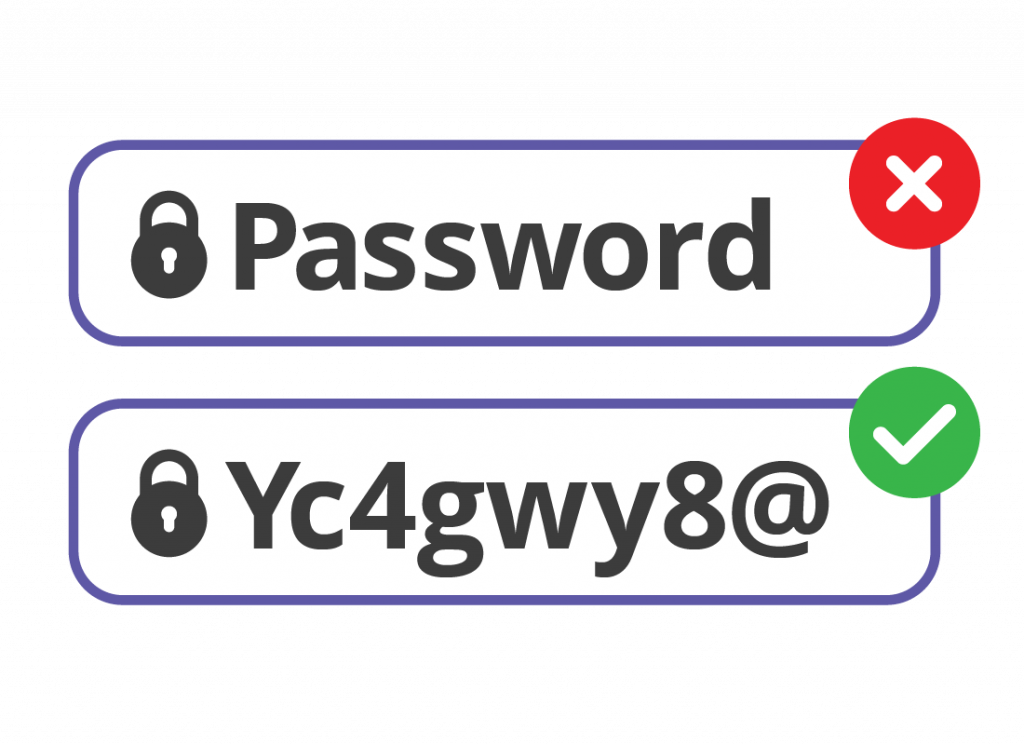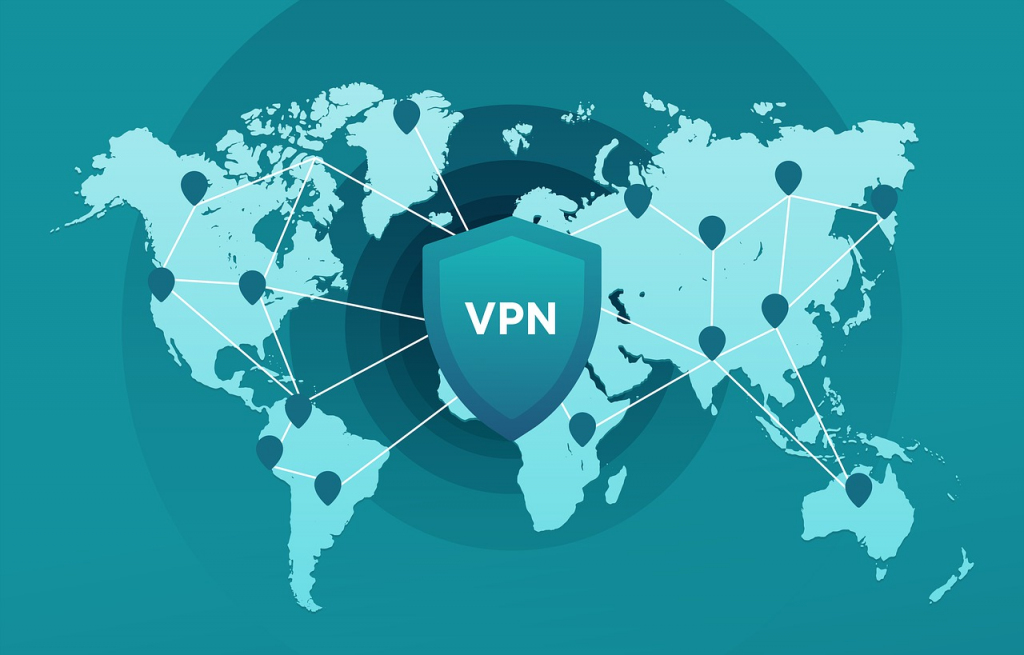
Data Privacy: Staying Safe in the Digital Maze
Introduction
In the era of digitization, where the flow of information is incessant and connectivity seamless, the concept of data privacy stands out as a critical concern for individuals. It goes beyond being a mere legal safeguard; it is a fundamental necessity that can profoundly impact one’s security, trust, and reputation. In this article, we will delve into the intricacies of why data privacy matters and provide actionable insights on fortifying its protection.
Significance of Data Privacy
Valuable and Sensitive Nature of Personal Data
Personal data, encompassing basic identifiers like name and address to intricate details such as biometric data and financial records, holds immense value. It serves benign purposes like marketing and analytics but also opens avenues for potentially malicious activities such as fraud, identity theft, and cyberattacks.
Consumer Rights and Empowerment
Data privacy is not just a concept; it is a set of rights granted to consumers. These rights include the ability to understand and control how personal data is utilized. Beyond basic rights like access, correction, deletion, and transfer of data, consumers also have the power to opt out or consent to its collection. Emerging aspects include fair compensation for the usage of personal data, holding businesses and governments accountable for their data practices.
Shared Responsibility
The landscape of data privacy is not solely the responsibility of organizations and governments; consumers play a pivotal role. Being informed about data rights and risks, handling personal data ethically, and respecting the privacy of others are integral responsibilities. This shared responsibility is crucial for fostering a digital environment where data is treated with the respect and caution it deserves.
Safeguarding Data Privacy: Practical Steps
1. Strengthen Passwords

The first line of defense in safeguarding data privacy is the use of strong and unique passwords across various accounts and devices. Changing passwords regularly and employing a password manager enhances security, creating a robust barrier against unauthorized access. You get Google and other brands’ password managers and creators to create robust and strong passowrds.
2. Employ Encryption and VPNs

Protecting data in transit and at rest is imperative, especially on public or unsecured networks. Encryption and Virtual Private Networks (VPNs) add an extra layer of security. Utilizing secure messaging apps like Signal or Telegram ensures private and secure communication. You can check out SurfShark, NORD VPN, Proton VPN, and many more VPN services available today.
3. Embrace Security Software
Antivirus and firewall software act as shields against malware and hackers. Regular updates fortify the defense, while privacy tools like Tor or DuckDuckGo enable anonymous web browsing, thwarting unwanted tracking.
4. Review Privacy Settings
Adjusting privacy settings on different platforms and services is crucial. Limiting the amount and type of personal data shared online, coupled with the use of ad blockers and cookie cleaners, guards against unwanted data collection.
5. Exercise Caution Online

Vigilance is key when navigating the digital landscape. Avoiding suspicious links, attachments, and downloads prevents falling victim to phishing or malware attacks. Utilizing spam filters and promptly reporting suspicious content adds an extra layer of protection.
6. Stay Informed and Educate
The landscape of data privacy is dynamic. Staying updated on the latest news, trends, and regulations is essential. Joining or supporting organizations advocating for data privacy, such as the Electronic Frontier Foundation or the Privacy Coalition, ensures a collective effort towards a secure digital future.
Conclusion
Data privacy is not a luxury but a necessity in the digital era. It shapes individual security, trust, and reputation, presenting both challenges and opportunities. By recognizing its value and taking proactive steps to protect it, individuals can navigate the digital maze confidently, ensuring that data privacy becomes a tool for empowerment rather than vulnerability.
FAQs
- What is the primary purpose of data privacy?
- Data privacy ensures individuals have control over how their personal information is collected, used, and shared, protecting them from potential misuse.
- How often should I change my passwords?
- It’s advisable to change passwords regularly, ideally every three to six months, to enhance security.
- Are free VPNs as effective as paid ones?
- While some free VPNs offer basic protection, paid ones generally provide more advanced features and better security.
- Can antivirus software guarantee complete protection?
- Antivirus software significantly reduces the risk of malware, but no solution can guarantee absolute protection.
- What are the potential risks of not prioritizing data privacy?
- Not prioritizing data privacy can lead to identity theft, fraud, cyberattacks, and a loss of trust in digital interactions.